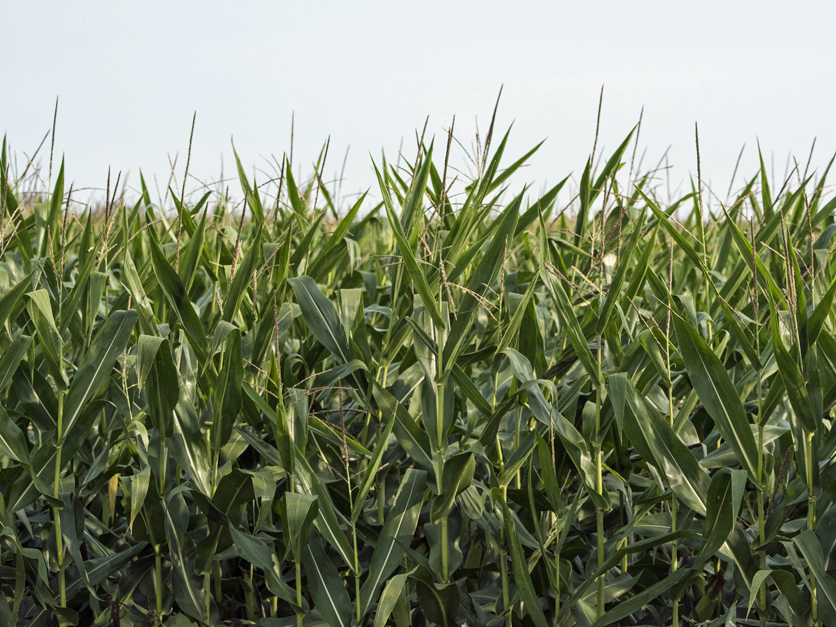A federal appeals court has rejected POET Biorefining’s challenge to EPA guidance on how to measure production of cellulosic biofuel from corn kernel fiber,.
In a decision that was another setback for the long-struggling cellulosic biofuel business, the court said the agency was simply interpreting a previous rule.
POET contended that the guidance issued last year amounted to a “legislative rule” that should have been subject to notice and comment. But the court ruled 2-1 that it was an “interpretive rule that lawfully construes the underlying regulation.”
Specifically, by requiring the use of a “representative reference material” to measure converted cellulose, POET said the guidance amounted to a new rule.
The guidance at issue addresses how companies can “demonstrate that an analytical method for determining the cellulosic converted fraction of corn kernel fiber co-processed with starch at a traditional ethanol facility” meets Renewable Fuel Standard regulatory requirements.
It interprets a 2014 rule (the “Pathways II” rule) that allowed renewable-fuel producers to use a measurement method “certified by a voluntary consensus standards body” (VCSB), or a method “that would produce reasonably accurate results as demonstrated through peer reviewed references,” the court said.
EPA said in the guidance that “the wide degree of variability in the data” it had received “alerted us to the fact that it is not possible, as a technical matter, to assess whether a method is accurately measuring how much of a cellulosic feedstock is converted into fuel without comparing the performance of the method to a known, representative reference material.”
POET argued, the court said, that even if the guidance was “a procedurally proper interpretive rule,” it “substantively conflicts with the Pathways II Rule by ‘arrogat[ing]’ from third-party reviewers and VCSBs to EPA the power to decide what constitutes a reasonably accurate method of measuring a biochemical fuel-making process’ cellulosic production.”
The company also challenged the guidance’s treatment of VCSB-certified methods, but the court said that aspect of its petition to the court was not ripe for judicial review “because no such method yet exists and POET’s [cellulosic biofuel] registration efforts rely on the peer-reviewed alternative.”
“Uncertainty over whether, let alone when, a VCSB might approve a method of obtaining data to calculate the cellulosic converted fraction renders POET’s challenge to the guidance’s treatment of VCSB-certified methods constitutionally unripe,” the court said.
One judge dissented from the opinion authored by Circuit Judge Nina Pillard, who was joined by Circuit Judge Merrick Garland.
Karen LeCraft Henderson said the guidance is a legislative rule.
“The guidance’s reference material requirement changes the regulatory scheme to register the in situ biofuel production process1 by constricting biofuel producers’ ability to show reasonably accurate results to a single possible means that is currently not possible,” she said in her dissent. “This change means that producers like POET are indefinitely foreclosed from successfully registering that type of biofuel production process.”
Interested in more coverage and insights? Receive a free month of Agri-Pulse.
Efforts to expand the cellulosic ethanol market have stalled in recent years due to a variety of factors, including the lack of a regulatory pathway.
“We have cellulosic ethanol being produced from kernel fiber pathways and yet those pathways aren’t being registered by EPA,” Chris Bliley, vice president of regulatory affairs for the ethanol trade group Growth Energy, told Agri-Pulse last December.
In a separate case, POET has appealed EPA's denial of its application to generate cellulosic Renewable Identification Numbers at its Hudson, S.D., plant. The 8th Circuit Court of Appeals heard arguments in June.
For more news, go to www.Agri-Pulse.com


